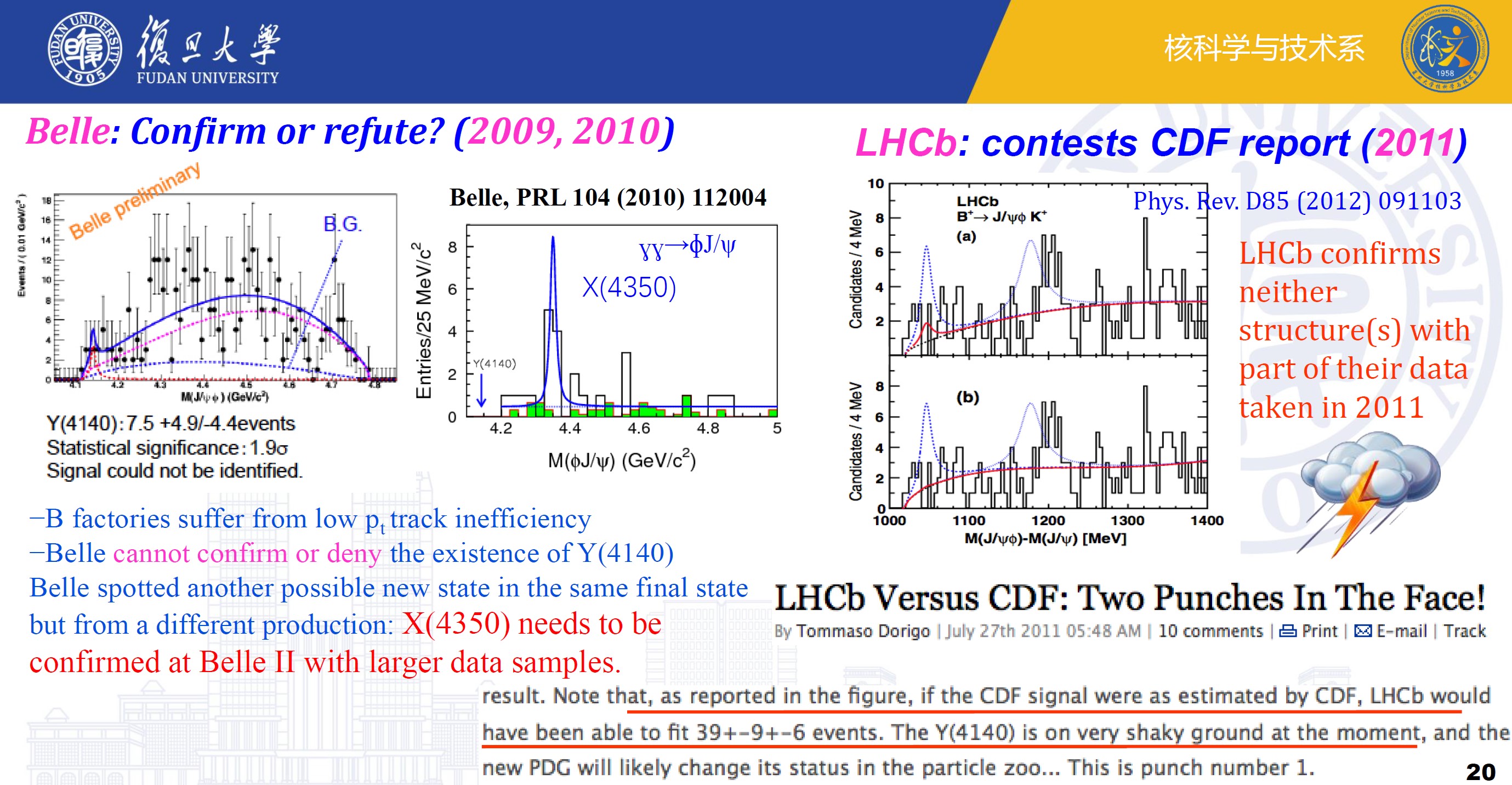In the session, the speaker is discussing some new physics models that involve the existence of a particle called the "dark photon". This particle arises in models that involve the existence of a whole new sector of elementary particles that do not interact with the ordinary particles of which our world is made up of (described by the existing theory, the Standard Model). As the photon of the SM, the dark photon is a force carrier among particles in the dark sector. There are many possibilities for its mass and behavior, which do not need to be discussed here.
In this very short post, I want to point out that nobody has apparently yet realized how calling that particle "dark photon" is unnecessarily complicated, besides being an oxymoron (photos in Greek means light, so we are talking of dark light here). Hence I propose here that we will call this hypothetical particle the SKOTON. Skotos means darkness, obscurity - absence of light - in Greek, so this elegantly preserves symmetry with the photon also in the nominalistic sense.
Please comment in the thread below if you disagree, otherwise I encourage you to adopt this terminology in all your future papers and talks! And when we will finally discover the skoton, I hope somebody will remember me as the guy who first named it the way it should be named.
PS in another note, I am happy to report that people still remember posts I have long forgotten. In this case, it is this one, which I wrote long ago. It was cited, title and quote and all (see below), in a plenary talk by Chengpin Sheng about XYZ states in the opening morning of the QCHS conference. I duly thanked the speaker, before pointing out a few issues with the way people use statistics to claim for evidence of new particles in the complicated business of exotic hadrons.





Comments